A few days ago I received information that on November 4 this year, the Institute for Historical Studies at the Bulgarian Academy of Sciences (BAN) is organizing a national roundtable on the topic “Was there a fascist regime or a fascist administration in Bulgaria?”, writes Prof. Todor Cepreganov.
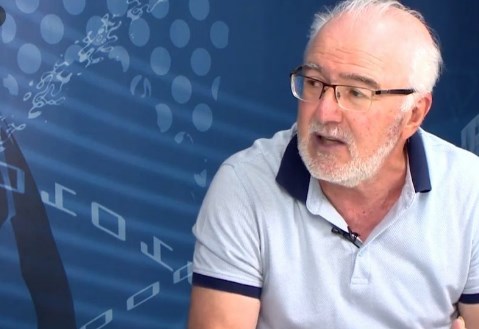
In doing so, the main issues that will be discussed will be:
1. “What are the basic characteristics of the fascist totalitarian regime,
2. What are the characteristics of the political administration established in Bulgaria after May 19, 1934 and
3. How the political regime in Bulgaria evolved, especially in the period 1941-1944, writes prof. Todor Cepreganov for Pressing TV.
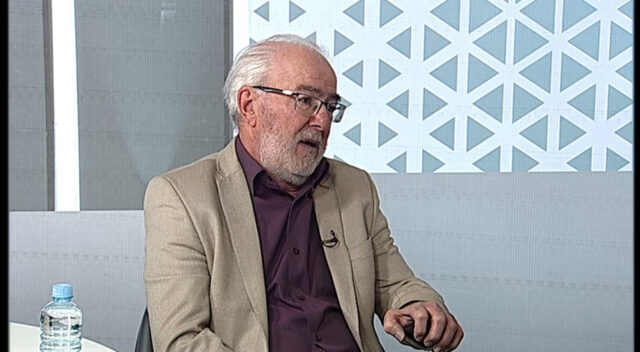
I wish my Bulgarian colleagues success in their work in the hope that they will gather the courage to self-critically refer to their own history and reveal the whole truth about where Bulgarian society was moving in the period between the two world wars.
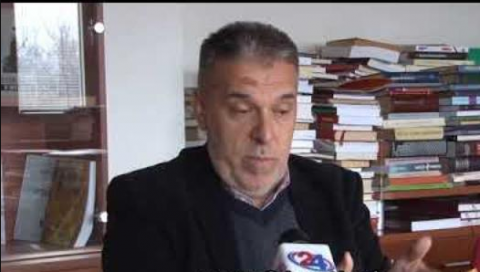
It is interesting that this is not the first time that fascism has been talked about in the Bulgarian scientific discourse. In 2016, the collection “Neo-fascism: the essence and contemporary manifestations” was published, the authors of which address fascism and neo-fascism in Bulgaria from all aspects to date. However, it seems that this was not enough and clear in the texts published in that collection, so let’s now review again the role of Bulgaria in that period. We have to wait for the end of the roundtable to see if its purpose is based on the “newly discovered documents” and “interpretations” of the Bulgarian scholars to give a new narrative and if they will rehabilitate the Bulgarian Nazi-fascism from 1934 to 1944.
What will the Bulgarian scientists actually discuss at the roundtable in BAN!? They will revise history in relation to Nazi-fascism in Bulgaria, as they have done many times in history!?, asks the professor?
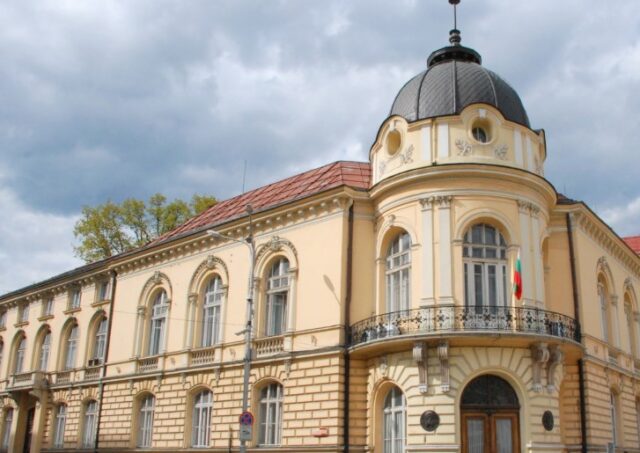
They will create a new collective memory of their fellow citizens about whether Bulgaria was a Nazi-fascist state or not!? Will they forget the Holocaust and the extermination of 98% of the Jews in Macedonia?! That they were anti-fascists, not Nazi-fascists!? They will deny the murders and terror in Macedonia during the Second World War!?
Undoubtedly, the topic of the national roundtable is very interesting, first of all, due to the fact that we are also affected through the agreement on good neighborliness, friendship and cooperation with Bulgaria. The co-chairman and members of the Commission on Educational and Historical Affairs should be especially interested. The help of former Prime Minister Zoran Zaev would probably be valuable to them. He and the co-president, with their previously expressed appearances and views, have declared that Bulgaria is not a fascist state. And who knows, they might even be invited?! In the rehabilitation of Bulgarian Nazi-fascism, we seem to be a little ahead of our Bulgarian colleagues.
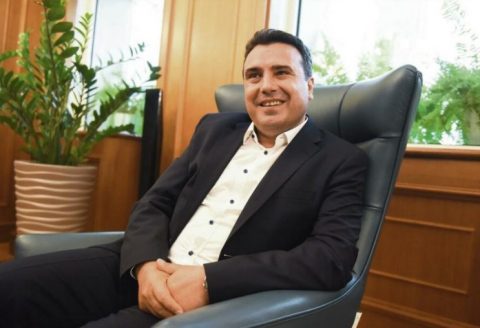
As early as November 25, 2020, Z.Z. presented the view that “Bulgaria is not a fascist country. Bulgaria is our friend. The new generations do not know this reality and it must unite us. At that time, in the beginning, there was an administration. Then Bulgaria joined the anti-fascist front.” Only a few days later, the co-chairman of the Commission for Historical and Educational Affairs, Academician Dragi Gorgjiev, joined this, stating that he “thinks that Bulgaria was not a fascist state”. But on February 6, 2022, in an interview with Radio Free Europe, he not only thinks, but also categorically asserts that “Bulgaria cannot be defined as a typical fascist country, as we can say about fascist Italy or Nazi Germany.

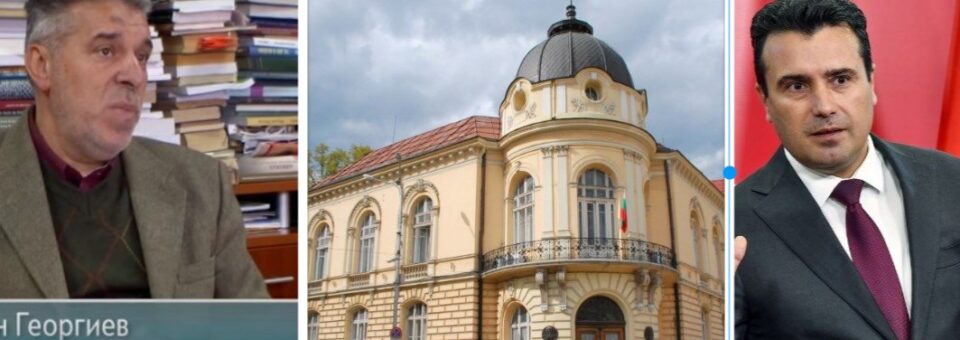



Comments are closed for this post.